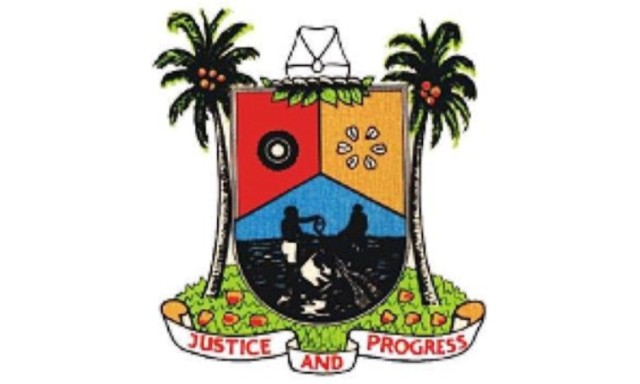Editorial
Demystifying Mental Health

Sometime ago, when the Lagos State Government subjected traffic offend
ers to compulsory psychiatric evaluation, not many Nigerians were amused. But it underscored the fact that there is a very thin line between sanity and insanity. That is why it is commonly said that all human beings cross the line five minutes every day.
Like any other health condition, mental health challenge is part of the human body but in Nigeria, as in most countries in sub-Saharan Africa, the malaise is mystified. Some believe that those with mental health challenges are victims of the anger of the gods while others blame it on excessive consumption of illicit drugs.
But medical experts are agreed that apart from abusing illicit substances, a normal human could have mental challenges arising from stress, apprehension, fear and even desperation. This is why they recommend that everyone sees a doctor, in this case, a psychiatrist every once in a while for psychological evaluation and to seek professional advice on how to manage their health.
Strangely, that’s not the case in Nigeria. This is why this year’s World Mental Health Day, observed all over the free world Monday, October 10, 2016 may be helpful. It was a day for global mental health education, awareness and advocacy.
The focus this year is on dignity in Mental Health – Psychological and Mental First Aid for all. It seeks to encourage people to take personal ownership of their health needs through regular psychological evaluations and first aid.
Statistics show that one in every four adults will experience mental health difficulties at one time or the other. In Nigeria, more than 25 million have mental challenges that require experts attention.
In a country where accurate statistical data is a major challenge, the figure could even be higher yet very little is done to create the necessary awareness on the issue, due largely to the mystification of the subject-matter.
This is why the global observance affords Nigeria, especially the health management sector, another opportunity to launch a vibrant campaign on the dignity of mental health and the urgent need for psychological and mental First Aid for those who might need help.
Perhaps, with such robust advocacy, the citizenry may shed familiar prejudices against mental health and also help debunk superstitions culturally held against mental health.
A major challenge may be fighting stigmatisation. People with mental challenges are often discriminated against or even stigmatised. This delays the pace of recovery after therapy and even drives the sufferer into more dangerous heights.
Most Nigerian cultures demean the sufferer and consider his plight as punishment for unrevealed misdeeds. With such mindset, there is the tendency to abandon one with mental challenges until the sufferer’s situation degerates to disturbing levels.
A proper sensitisation on the need for regular psychological evaluation and mental first aid will, without doubt, change long held opinions and encourage early diagnosis and help. Nigerians need to be sufficiently enlightened that those with mental challenges need love and affection of family and society, because the next person may be you.
The federal and State governments must as a matter of urgency, create public education and enlightenment units in their health institutions. Where such already exist, they should be empowered and properly equipped to take the message even to the most remote rural areas.
Nigeria cannot afford an ever increasing army of mentally sick people on our major cities and towns who frequently deface walls of public institutions or become a danger to themselves and others. An aggressive campaign is key, to demystifying mental health.
Editorial
As NDG Ends Season 2

Editorial
Beginning A New Dawn At RSNC

Editorial
Sustaining OBALGA’s Ban On Street Trading

-

 Education5 days ago
Education5 days agoElga boss tasks law students on academics strides
-

 News1 day ago
News1 day agoAmend Constitution To Accommodate State Police, Tinubu Tells Senators
-

 Politics1 day ago
Politics1 day agoSenate Urges Tinubu To Sack CAC Boss
-

 News1 day ago
News1 day agoDisu Takes Over As New IGP …Declares Total War On Corruption, Impunity
-
Business2 days ago
President Tinubu Extends Raw Shea Nuts Export Ban To 2027
-
Business2 days ago
Crisis Response: EU-project Delivers New Vet. Clinic To Katsina Govt.
-

 Business2 days ago
Business2 days agoPENGASSAN Rejects Presidential EO On Oil, Gas Revenue Remittance … Seeks PIA Review
-
Business2 days ago
FG Pushes Cassava Bioethanol Drive To Boost Industrial Growth

